In this blog post, we are going to share a free PDF download of Imaging of the Human Brain in Health and Disease PDF using direct links. In order to ensure that user-safety is not compromised and you enjoy faster downloads, we have used trusted 3rd-party repository links that are not hosted on our website.
At Medicalstudyzone.com, we take user experience very seriously and thus always strive to improve. We hope that you people find our blog beneficial!
Now before that we move on to sharing the free PDF download of this book with you, here are a few important details regarding this book which you might be interested.
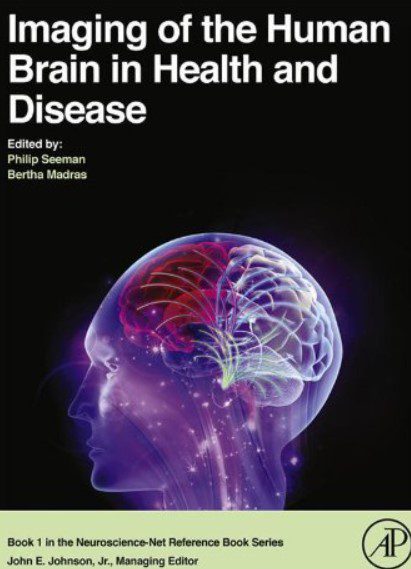
Overview
This is one of the best book for quick review. It is very good book to study a day before your exam. It can also cover your viva questions and will help you to score very high.
You might also be interested in:
CHEST : Critical Care Board Review On Demand 2022 Videos Free Download
CHEST : Pulmonary Board Review On Demand 2022 Videos Free Download
CHEST : Pediatric Pulmonary Board Review On Demand 2022 Videos Free Download
Download 2022 Diagnostic Pathology Update: Pragmatic Approaches to Daily Practice Videos Free
Features of Imaging of the Human Brain in Health and Disease PDF
Following are the features of Imaging of the Human Brain in Health and Disease PDF:
Brain imaging technology remains at the forefront of advances in both our understanding of the brain and our ability to diagnose and treat brain disease and disorders. Imaging of the Human Brain in Health and Disease examines the localization of neurotransmitter receptors in the nervous system of normal, healthy humans and compares that with humans who are suffering from various neurologic diseases. Opening chapters introduce the basic science of imaging neurotransmitters, including sigma, acetylcholine, opioid, and dopamine receptors. Imaging the healthy and diseased brain includes brain imaging of anger, pain, autism, the release of dopamine, the impact of cannabinoids, and Alzheimer’s disease. This book is a valuable companion to a wide range of scholars, students, and researchers in neuroscience, clinical neurology, and psychiatry, and provides a detailed introduction to the application of advanced imaging to the treatment of brain disorders and disease. A focused introduction to imaging healthy and diseased brains Focuses on the primary neurotransmitter release Includes sigma, acetylcholine, opioid, and dopamine receptors Presents the imaging of healthy and diseased brains via anger, pain, autism, and Alzheimer’s disease
User’s Review:
Editorial Reviews: Review A detailed reference on the use of advanced brain imaging in the study and clinical presentation of healthy and diseased brains –This text refers to the hardcover edition. From the Back Cover Brain imaging technology remains at the forefront of advances in both our understanding of the brain and our ability to diagnose and treat brain disease and disorders.Imaging of the Human Brain in Health and Disease examines the localization of neurotransmitter receptors in the nervous system of normal, healthy humans and compares that with humans who are suffering from various neurologic diseases. Opening chapters introduce the basic science of imaging neurotransmitters including, sigma, acetylcholine, opioid and dopamine receptors. Imaging the healthy and diseased brain includes brain imaging of anger, pain, autism, the release of dopamine, the impact of cannabinoids and Alzheimer disease. This will be of interest to a wide range of scholars, students and researchers in neuroscience, clinical neurology and psychiatry and provides a detailed introduction to the application of advanced imaging to the treatment of brain disorders and disease. –This text refers to the hardcover edition. About the Author Philip Seeman was born in Winnipeg, Canada. He received a B.Sc. and an M.D. from McGill University. He received a Ph.D. in Life Sciences in 1966, working with Dr. George Palade (1974 Nobel Laureate, Medicine/Physiology) at Rockefeller University. Since 1967 he has been at the University of Toronto, Department of Pharmacology, and served as its Chairman between 1977 and 1987. He is cross-appointed as a Professor of Psychiatry, and has held the University’s Tanenbaum Chair in Neuroscience. His work between 1964 and 1974 on the membrane actions of drugs led him to his discovery of the antipsychotic receptor, now re-named the dopamine D2 receptor. This research forms an experimental basis for the dopamine hypothesis of schizophrenia. In 1990-91 Dr. Seeman and his research group, including H.B. Niznik, H. Van Tol and R. Sunahara, cloned three dopamine receptors: D1, D4 and D5. He has trained over 100 graduate students and Fellows. He is a Fellow of the Royal Society of Canada. He has received 25 awards, including the Lieber Award of NARSAD (the National Alliance for Research in Schizophrenia and Depression), the Lifetime Achievement Award of the Society for Biological Psychiatry, the Ariens Receptor award of the Dutch Pharmacology Society, the Stanley Dean Award of the American College of Psychiatrists, the first Prix Galien award in North America, the Pasarow Foundation award in Neuropsychiatry, the Canada Council Killam Prize, and the Order of Canada. He has written approximately 750 publications.Dr. Madras is Professor of Psychobiology at Harvard Medical School (HMS), is cross-appointed at the Massachusetts General Hospital and founded the Division of Neurochemistry at the HMS Primate Center. She served as Deputy Director for Demand Reduction in the White House Office of National Drug Control Policy (ONDCP), a Presidential appointment confirmed unanimously by the Senate. Her discoveries in addiction neurobiology and pharmacology informed her development of candidate medications and brain imaging probes, the latter widely used in clinical research of drug mechanisms, neurotoxicity, Parkinson’s disease diagnosis, ADHD, other neuropsychiatric disorders. The Division also developed naturalistic primate genotype/phenotype models of psychiatric disorders. Her current research focuses on molecular adaptations which conceivably alter the trajectory of brain development in adolescent drug users. She has authored numerous scientific manuscripts, co-edited the “The Cell Biology of Addiction”, and received 19 patents with collaborators. Her commitment to academic and public education is reflected in her mentorship of students, creation of courses on addiction biology (HMS, Cold Spring Harbor Laboratory) and a Boston Museum of Science exhibit and CD (licensed by Disney Corp. in 2006) on how drugs affect the brain. At ONDCP, her public health approach to Demand Reduction featured medicalization of Screening, Brief Intervention, Referral to Treatment (SBIRT) services. She spearheaded approval of SBIRT CPT® Medicaid and Medicare billing codes, web-based screening/training, and a UN endorsement of SBIRT. Recognition includes NIH-NIDA MERIT, Public Service and Career Scientist awards, an American Academy of Addiction Psychiatry Founders’ Award, Marian Fischman Award, and designation of the imaging agent altropane in “The Better World Report, 2006”, as one of “25 technology transfer innovations that changed the world”. She has delivered hundreds of presentations on addiction and related topics to various groups nationally and globally. –This text refers to the hardcover edition.
Download Imaging of the Human Brain in Health and Disease PDF Free:
Now you can download Imaging of the Human Brain in Health and Disease PDF from Medicalstudyzone.com below link:
Basic Information:
- Year: 2013
- Page Number: 532 pages
- File Type: PDF
- File Size: 371,75 MB
- Authors/ Editiors: Philip Seeman
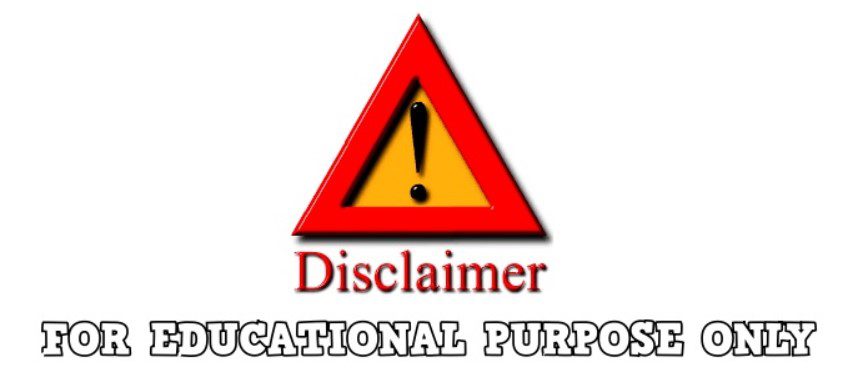
Disclaimer:
This site complies with DMCA Digital Copyright Laws. Please bear in mind that we do not own copyrights to this book/software. We are not hosting any copyrighted contents on our servers, it’s a catalog of links that already found on the internet. Medicalstudyzone.com doesn’t have any material hosted on the server of this page, only links to books that are taken from other sites on the web are published and these links are unrelated to the book server. Moreover Medicalstudyzone.com server does not store any type of book, guide, software, or images. No illegal copies are made or any copyright © and / or copyright is damaged or infringed since all material is free on the internet. Check out our DMCA Policy. If you feel that we have violated your copyrights, then please contact us immediately. We’re sharing this with our audience ONLY for educational purpose and we highly encourage our visitors to purchase original licensed software/Books. If someone with copyrights wants us to remove this software/Book, please contact us. immediately.
You may send an email to [email protected] for all DMCA / Removal Requests.

![ALL MBBS Books PDF 2026 - [First Year to Final Year] Free Download ALL MBBS Books PDF 2022 - [First Year to Final Year] Free Download](https://medicalstudyzone.com/wp-content/uploads/2022/06/ALL-MBBS-Books-PDF-2022-First-Year-to-Final-Year-Free-Download.jpg)
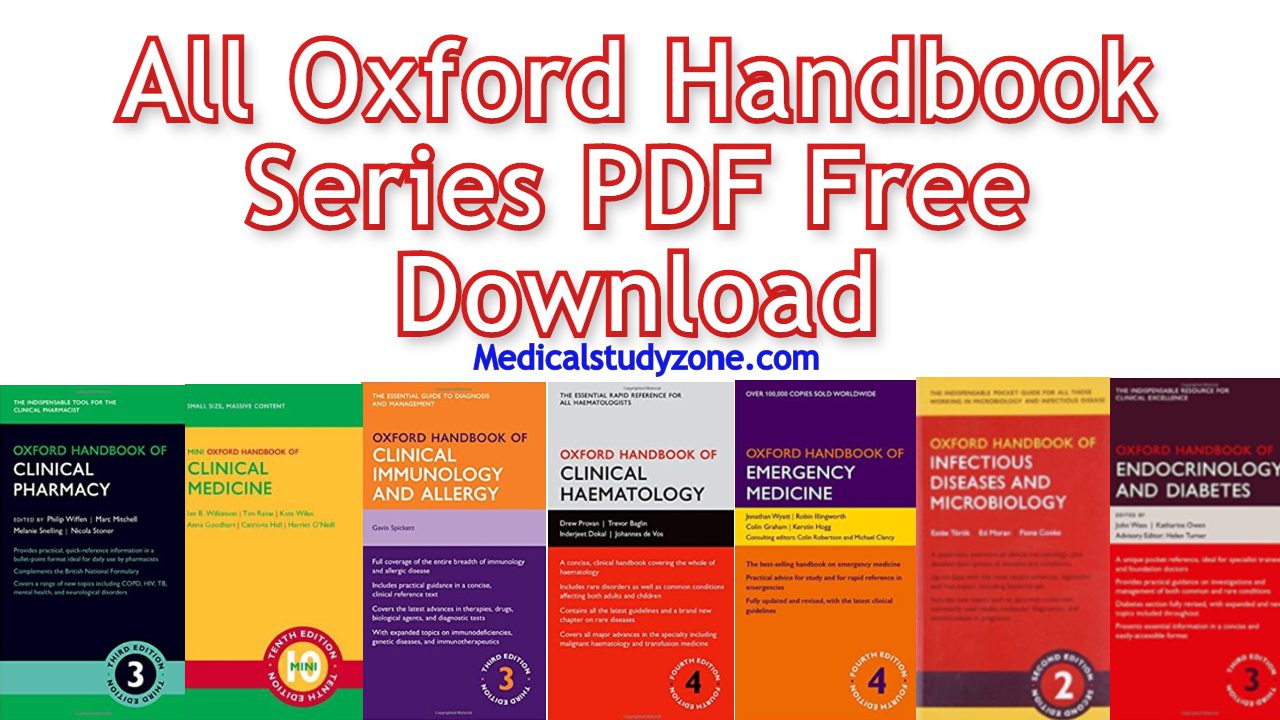
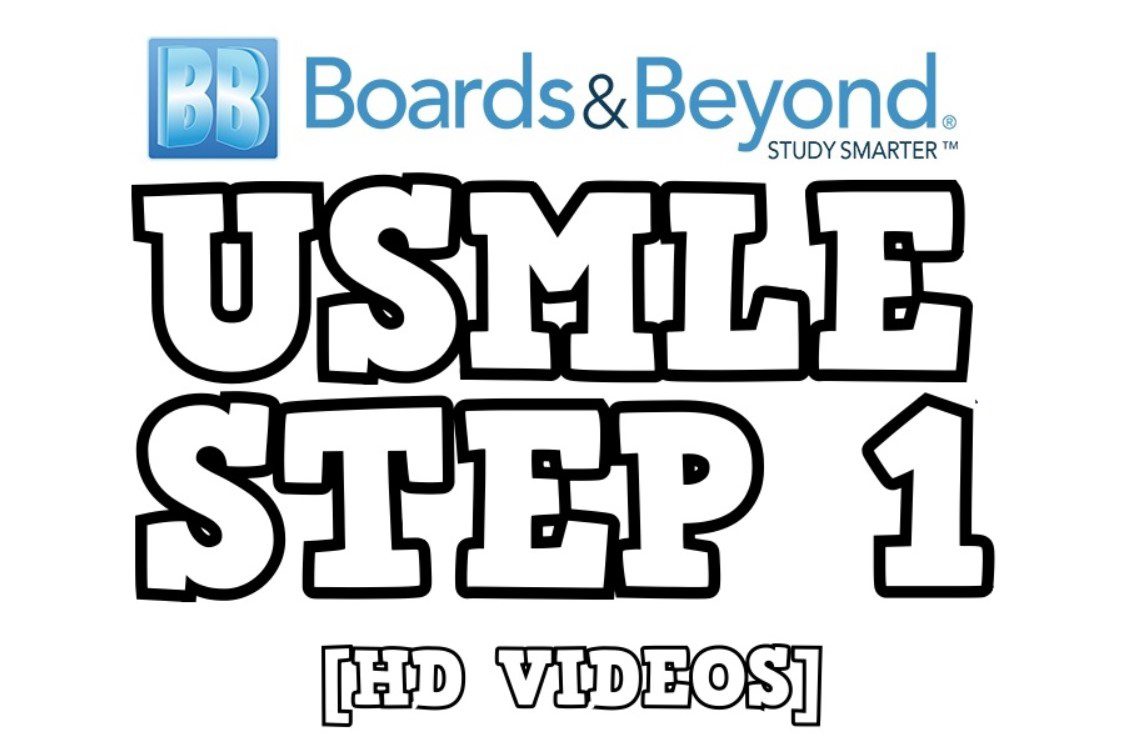
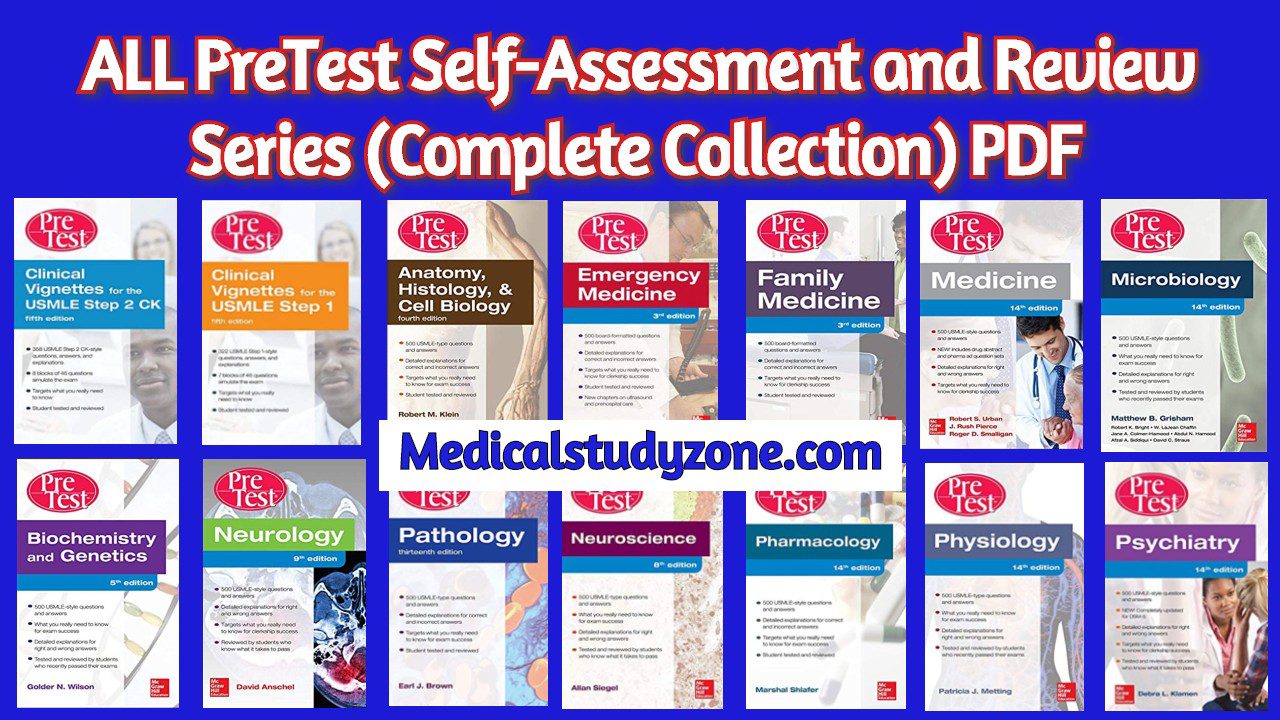
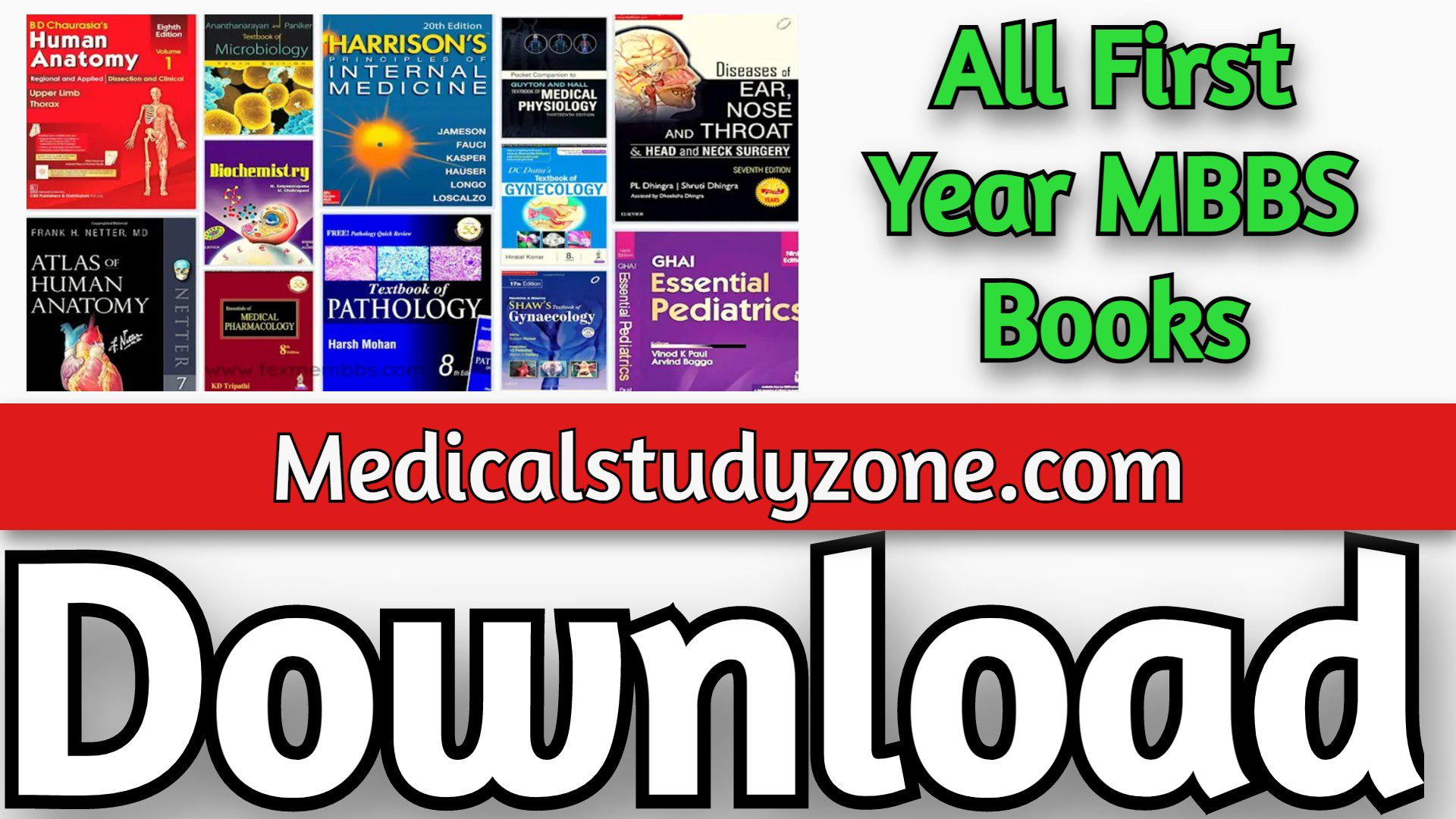

![All First Aid Book Series PDF 2025 Free Download [36 Books] All First Aid Book Series PDF 2020 Free Download](https://medicalstudyzone.com/wp-content/uploads/2020/07/All-First-Aid-Book-Series-PDF-2020-Free-Download.jpg)
Leave a Reply